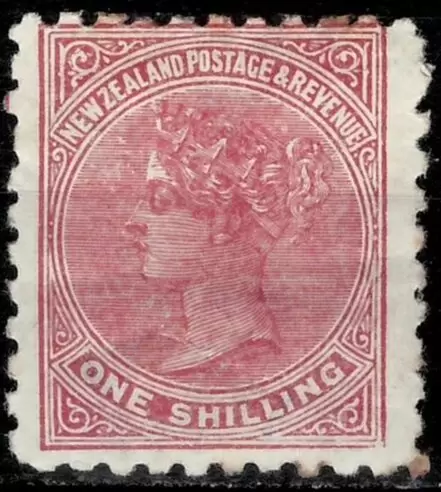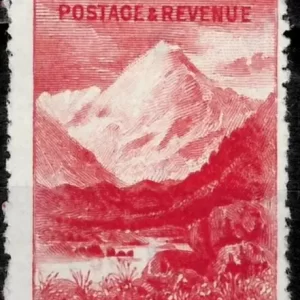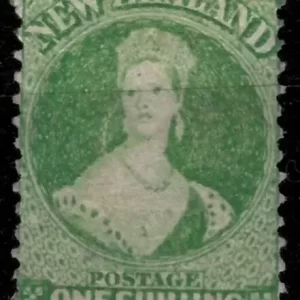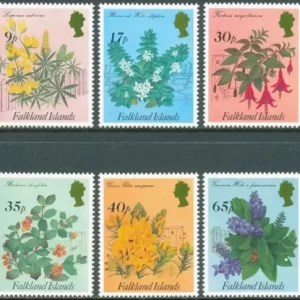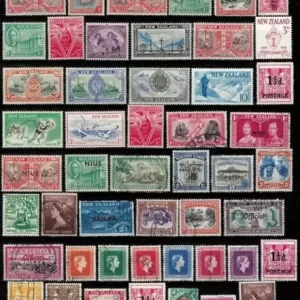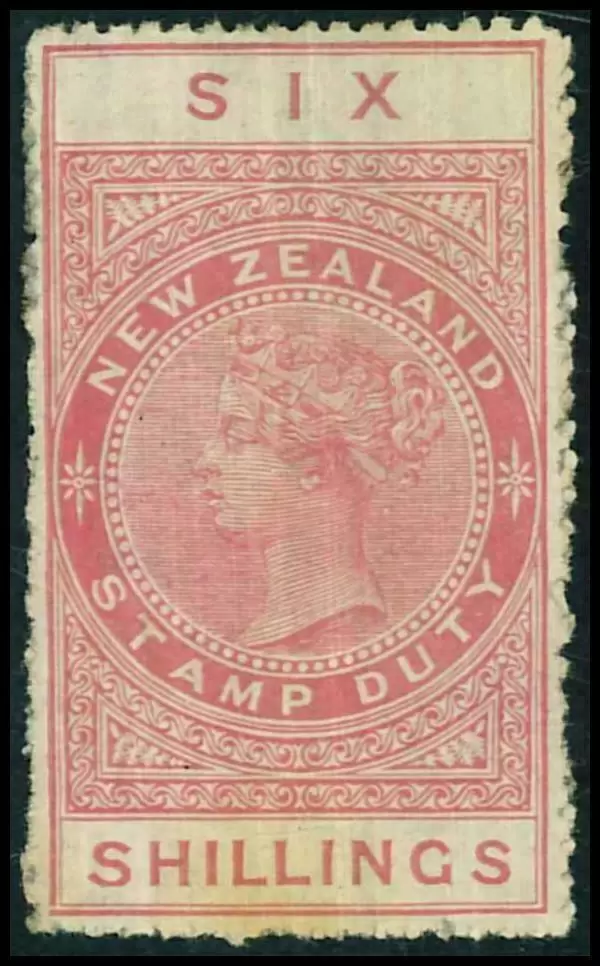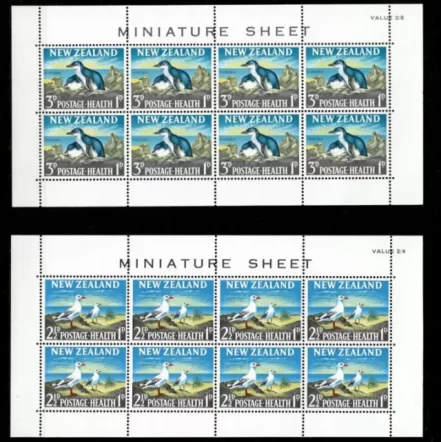New Zealand 1882-1900 1 Sh. ☀ SG.245 £ 120 / brownish red / Unused MH stamp

British New Zealand refers to the period of New Zealand’s history when it was a British colony, which lasted from the late 18th century to the late 19th century. The colonization of New Zealand by Europeans, predominantly from Britain, began with the arrival of Captain James Cook in 1769. Cook’s exploration and subsequent interactions with the indigenous Māori people paved the way for further European exploration and settlement.
The signing of the Treaty of Waitangi in 1840 between representatives of the British Crown and various Māori chiefs marked the beginning of formal British sovereignty over New Zealand. The treaty established British governance while recognizing Māori ownership of their lands and granting them the rights of British subjects.
During the period of British colonization, New Zealand underwent significant social, economic, and political changes. The British established colonial institutions, including a governorship, legislative councils, and administrative structures modeled after those in Britain. British settlers arrived in increasing numbers, leading to conflicts with the Māori people over land ownership and sovereignty.
Economically, New Zealand became integrated into the British Empire’s trade networks, exporting primary products such as wool, meat, and dairy to Britain. British investment in infrastructure, such as railways and ports, further facilitated economic development.
Politically, New Zealand remained a British colony until it gained self-governing status in the late 19th century. The colony gradually gained greater autonomy, culminating in the establishment of Dominion status within the British Empire in 1907.
Despite achieving greater autonomy, New Zealand retained close ties with Britain, particularly in defense and foreign policy, throughout the 20th century. It wasn’t until the passage of the Statute of Westminster in 1931 that New Zealand gained legislative independence from Britain, though it chose to retain the statute’s provisions.
Today, while New Zealand is an independent sovereign nation, it remains a member of the Commonwealth of Nations, a voluntary association of 54 independent and equal sovereign states, most of which are former territories of the British Empire.

